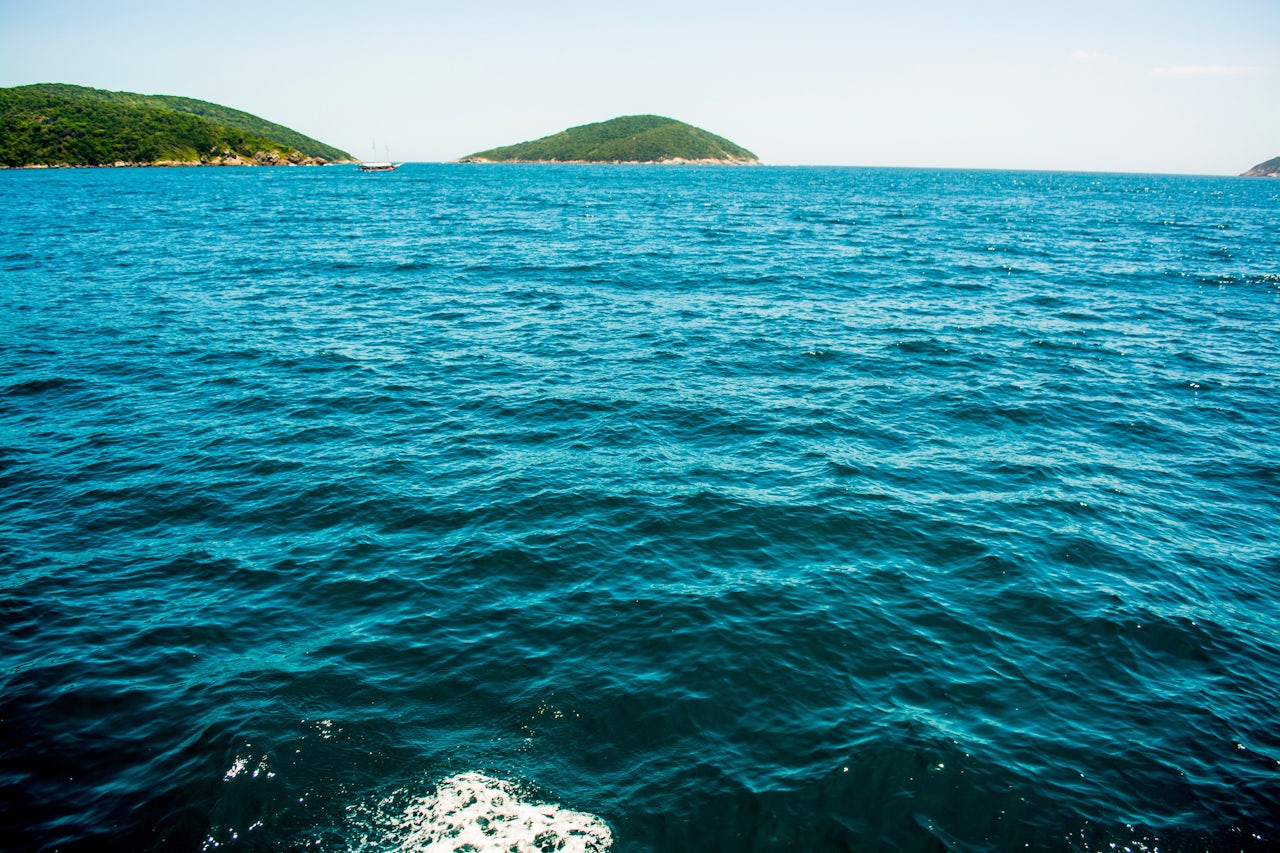New research published last week in the journal Elementa suggests that rising temperatures on Earth will cause massive changes in the deepest parts of the ocean. And those changes won’t be good: starvation and “sweeping ecological change,” the report warns, could be on the menu by the year 2100.
The research, conducted by a team at the University of Oregon, suggests that the temperature of the abyssal ocean (depths of 3,000 to 6,000 meters) could rise by about 1 degree Celsius over the next 84 years, which might not sound like a lot to a lay person. But, the research also suggests that this rise in temperature would likely cause massive problems all over the planet, because it is dependent on the deep ocean’s health, which accounts for more than 95 percent of the ocean’s entire volume. “Biodiversity in many of these areas is defined by the meager amount of food reaching the seafloor and over the next 80-plus years — in certain parts of the world — that amount of food will be cut in half,” Andrew Thurber, a marine ecologist at Oregon State University, and co-author of the study, said in a press release about the work.
Temperatures in the bathyal area of the ocean — not quite so deep, at around 200 to 3,000 meters — are expected to rise even more, up to 4 degrees Celsius in the same period. It is, Dr. Thurber said, “the equivalent of having summer for the first time in thousands to millions of years.” The main effect for the ocean in all of this will be an exacerbated lack of food and an increase in the metabolisms of the existing organisms. Increased metabolism leads to a need for more food, which is going to be a problem at a time when there will be an ever-lessening supply. Abyssal waters are already some of the most food-deprived areas of the planet, so the prospect of halving this already minuscule supply would be truly devastating.
The impact of this, while hard to know, is likely to affect fishing in the areas of the North Atlantic in particular, Thurber said. “Water in the region is soaking up the carbon from the atmosphere and then sending it on its path around the globe, so it likely will be the first to feel the brunt of the changes.” The resulting change in biodiversity is hard to predict but, he said, historically, “small changes” have brought “massive shifts.”

